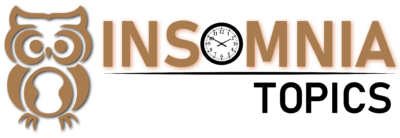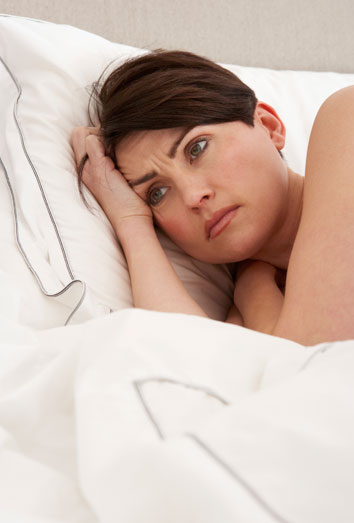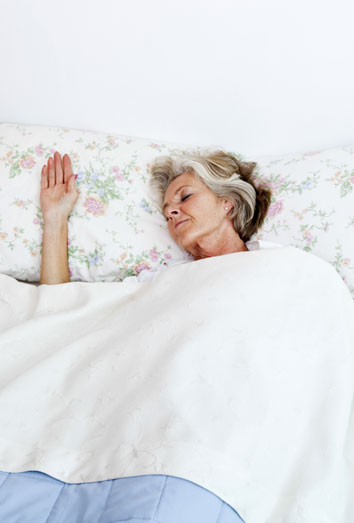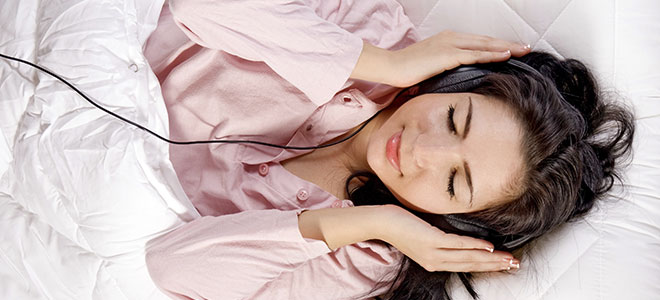Sleep disorders are very serious, insomnia, wakefulness or sleepwalking are just some of those that we can suffer. All of them interfere with the physical, mental and emotional functioning of the person who suffers from them. There are many myths that exist around this, much to talk about and we never really know what we can pay attention to and what not. Here we are going to discover which of these myths are accurate and which are not.

Myths and legends about insomnia
- Sleeping is an essential action for the human being, resting eight hours a day is the perfect amount to be able to perform at 100% during the next day. It has been shown that the hours of sleep do not recover, so sleeping eight hours a day, without altering that routine too much, will be ideal. It is difficult, with the life we lead, to get eight hours of sleep every day, but we have to try, another issue is for people who suffer from some type of sleep disorder. For this reason, one of the myths that must be eliminated is that “naps help us recover hours of sleep”. If we don’t sleep well at night, we can sleep as much as we want at nap time and no positive effect will arise for our body.
- One of the great myths regarding insomnia is that alcohol can help you not to suffer from it. “A drink before going to bed will be the hand of Saint”, this is totally false. Alcohol will only make you sleepy, but it will not help you sleep for long hours at a time, since you will fall asleep earlier and wake up earlier. Insomnia is not something solely mental, as they say, but it has a lot to do with our state of mind. Stress may be one of its most common causes, but there are also certain diseases that lead us directly to this serious problem.
- Exercise is always good for our body and it is also true that it can help us sleep better. But it must be taken into account that we have to practice it at least 3 hours before going to sleep, since when doing sports our body temperature increases and our body enters a state of alert that will not let us rest right after having done it.






